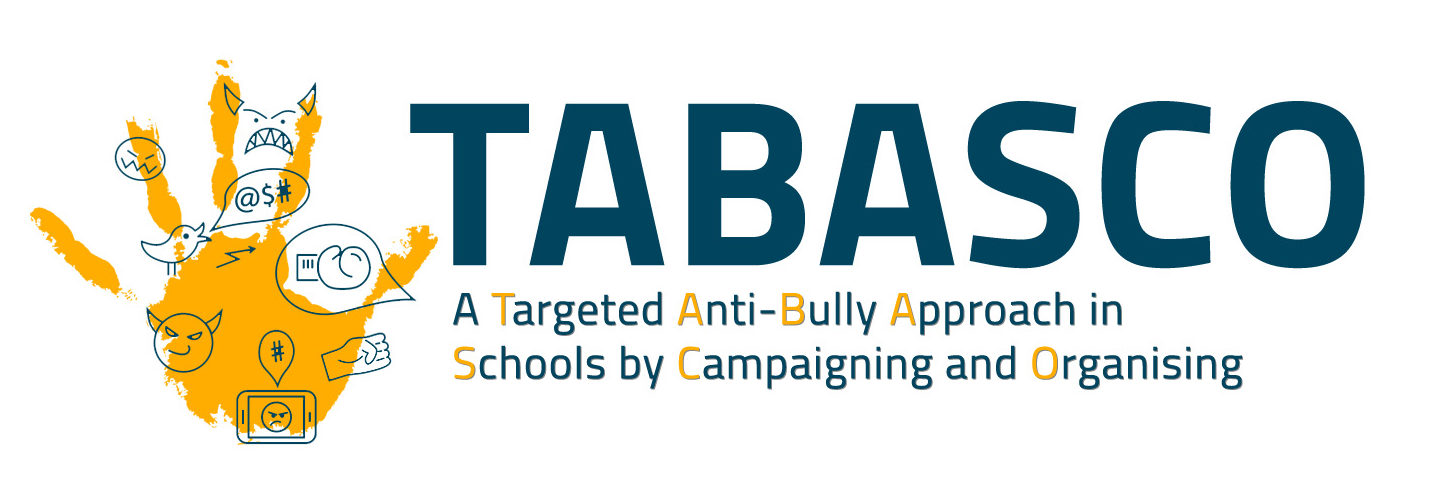The development of new information and communication technologies (ICT), and the simultaneous growth of its use by the younger generations, have been raising new questions and challenges to education. These challenges are related to the new opportunities and forms of communication
provided by new media. Along with the many benefits that new media offer, there are also some risks that nowadays constitute an educational concern. One example of those risks is the phenomenon of cyberbullying.
The research on this subject is still incipient in many countries, and there is still a lack of practical guidance and resources, to help preventing and reducing cyberbullying. In the context of the EUfunded CyberTraining project (http://www.cybertraining-project.org), partners from eight European
countries have developed a training manual on cyberbullying for trainers. This manual is intended to help mainly professionals involved in training young people, parents, and school staff, by providing them with clear guidance, knowledge and resources.
This project has been founded with support form the European Commission. This communication reflects the views only of the authors, and the Commission cannot be held responsible for any use which may be made of the information contained there in. In this paper, after a general introduction to the topic of cyberbullying, we briefly describe the CyberTraining project and the main conclusions of its initial research-based phase. Subsequently, we
present the structure and content of the training manual Taking action against cyberbullying. Finally we inform about the EU-funded project CyberTraining-4-Parents, currently under development.
Tabasco
Tabasco
